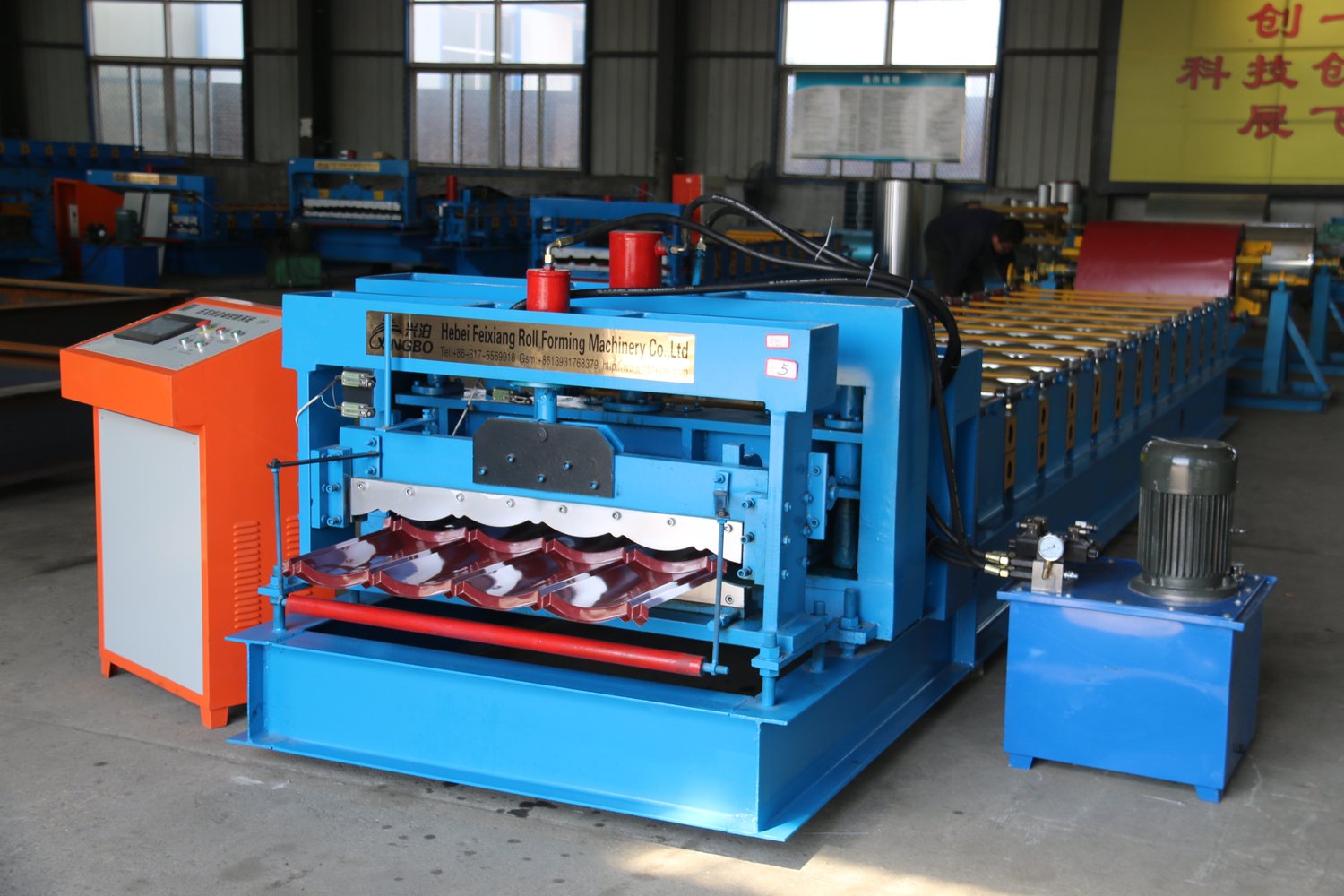The Importance of Choosing the Right Material for Roll Forming Machine Rollers
Roll forming is a highly efficient and cost-effective method used in industries such as automotive, construction, and manufacturing to produce a wide range of products with consistent shapes and sizes. At the heart of every roll forming machine are the rollers, which play a critical role in the production process. In this article, we will explore the different materials used for roll forming machine rollers and their important characteristics.
1. Steel Rollers
Steel is the most common material used for roll forming machine rollers due to its excellent strength and durability. Rollers made from steel can withstand the high pressures and stresses involved in the roll forming process. They are resistant to wear and can maintain their shape even when subjected to heavy loads. Steel rollers also provide good surface quality and dimensional accuracy to the formed products.
2. Tool Steel Rollers
In certain applications where extreme wear resistance is required, tool steel rollers are used. Tool steel contains additional alloying elements that enhance its hardness and toughness. These rollers are particularly suitable for forming materials with high tensile strength or abrasive properties. Tool steel rollers can withstand the repetitive contact with the formed material, ensuring a longer operational life.
3. Carbide Rollers
Carbide rollers are known for their exceptional hardness and wear resistance. They are often used for roll forming machine rollers when the material being formed is highly abrasive, such as stainless steel, aluminum, or titanium. Carbide rollers can maintain their shape and surface quality even under extreme operating conditions, making them ideal for demanding roll forming applications.
4. Polyurethane Rollers
Polyurethane rollers offer unique advantages in certain roll forming applications. They provide excellent grip and traction, making them suitable for handling delicate or slippery materials. Polyurethane rollers also have good resistance to chemicals, oils, and solvents, which can be beneficial in specific manufacturing processes. However, they may not be as durable as steel or carbide rollers and may require more frequent replacement.
5. Aluminum Rollers
Aluminum rollers are lightweight and provide good thermal conductivity. They are commonly used for roll forming machines that handle aluminum or other non-ferrous materials. Aluminum rollers can help dissipate heat generated during the roll forming process, preventing excessive build-up and ensuring consistent product quality. However, they may not be as strong or wear-resistant as steel or carbide rollers.
6. Composite Rollers
Composite rollers combine the advantages of different materials to meet specific roll forming requirements. These rollers are typically made by bonding different layers of materials together, such as steel and polyurethane, to achieve desired properties. Composite rollers can provide a balance between strength, wear resistance, and grip, making them suitable for a wide range of roll forming applications.
7. Ceramic Rollers
Ceramic rollers offer excellent heat resistance and high hardness, making them suitable for roll forming machines operating at elevated temperatures. They can withstand thermal shocks and maintain their shape and surface quality under extreme conditions. Ceramic rollers are often used in applications where temperature control is critical, such as in the production of heat exchanger components or automotive parts.
8. Rubber Rollers
Rubber rollers are commonly used in roll forming machines that handle softer materials or require a delicate touch. They provide good grip and can minimize the risk of material slippage during the forming process. Rubber rollers also help dampen vibrations, reducing the chances of surface imperfections on the formed products. However, they may not be as durable as other materials and may require regular maintenance and replacement.
9. Chromium Rollers
Chromium rollers are known for their excellent corrosion resistance and low friction properties. They are often used in roll forming machines that handle materials with corrosive properties or require a smooth surface finish. Chromium rollers can withstand exposure to chemicals or moisture without degradation, ensuring long-lasting performance and high-quality formed products.
10. Titanium Rollers
Titanium rollers are used in roll forming machines that require exceptional strength, lightweight design, and high corrosion resistance. Titanium is known for its excellent strength-to-weight ratio and resistance to various corrosive environments. These rollers are commonly used in aerospace or marine industries where the formed products must withstand harsh conditions.

